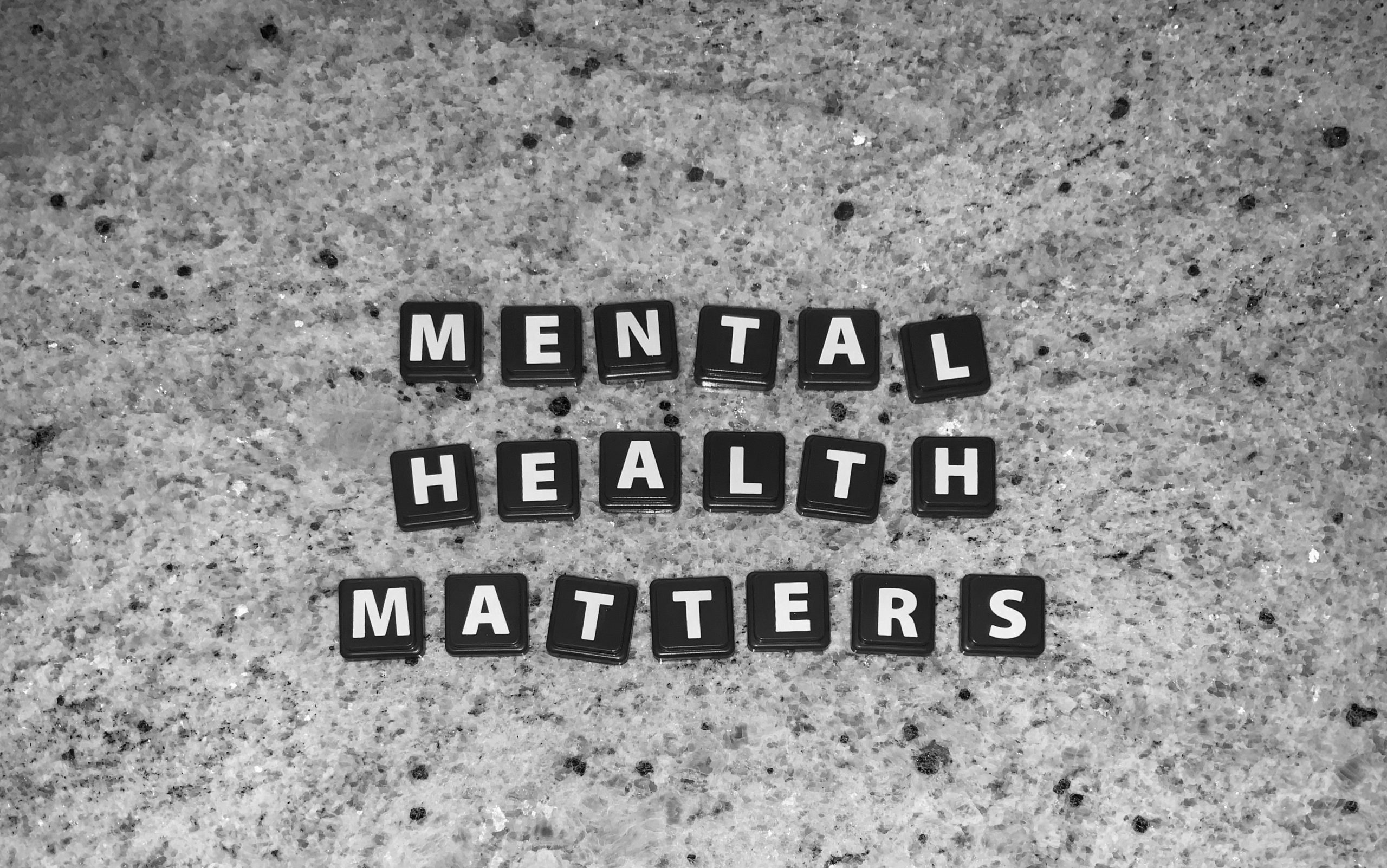On May 1, Natasha Pierre lined up all her meds and produced a video about taking them. If a person doesn’t feel uncomfortable with someone using an inhaler for their asthma, why should they feel uncomfortable about someone taking anti-anxiety medications for their mental health issues?
They should not, Pierre contends.
She only “came out” as being bipolar, having PTSD, panic disorder, and other mental health issues in 2019. She self-advocated 25 years ago to find the help she needed. Now, she said, help is much easier to find and people struggling should reach out.
Today, she continues to share her story to help open doors for others dealing with their own mental health issues.
May is Mental Health Month, designated in 1949 to increase awareness of the importance of mental health and wellness and to celebrate recovery from mental illness.
When Pierre received her diagnosis, she said she was happy to find it had a name, and that she was not just one defective person. “I found an underground community of bloggers, happy to know I was not alone and that there was a name for what I was feeling,” she said.
“Let’s Talk About Crazy” with Natasha, This Is My Brave Orlando presentation
Pierre’s mental health journey
When she finally “came out” about being bipolar, she did it in a rather spectacular way, on stage in front of a crowd. She has learned through the years that she has siblings that also have a diagnosis. Her diagnoses and theirs led her to a career in mental health advocacy. Including as executive director of the National Alliance on Mental Illness, or NAMI.
Now in her own Tampa consulting business, Pierre continues to urge those struggling with depression, anxiety, PTSD or other mental health issues, to seek out help.
“A lot of my work is speaking and coaching. A lot of my work is on mental health education or mindset reset because the brain and the mind both need attention when dealing with a mental health challenge,” Pierre said.
Related: The Link Between Entrepreneurship and Mental Health Conditions
“The first thing I say is we need to be honest with what we are feeling and thinking. Many times, we pretend not to notice that that Friday happy hour has become a weekday thing or that we are snapping at our family and our coworkers.”
Trace those emotions by asking why, she said. “If you are feeling tired, keep asking why. I haven’t been sleeping well. Why? Because I am grieving my mom, though it was six years ago. Why? You may need to find a new way to process grief.”
Everything starts with honesty, she believes. “That tells us where the pain really lies. Is it that your spouse keeps leaving the cabinet doors open, or because you are overwhelmed at work, or need help with caregiving for a parent or child?”
Getting help
While some people are self-aware enough to see that they are having issues, the vast majority of people need outside support, because they remain at a distance from their behavior, Pierre said. “That is where a therapist, counselor or coach can come in and mirror back the emotion.” Or there are support groups for those who may not be ready to dive into therapy.
“Some people are hesitant to go right to therapy,” she said. “I am a huge proponent of support groups. It is the first glance where people see that there are others that are in their same situation.”
As an example of how a support group might help, she said, consider adults whose children have mental health issues. “They can go to that support group and say, ‘I love and hate my child.’ It is a safe place to say that.” They are interacting with others who completely understand.
The world has made strides in dealing with the stigma that is mental illness, Pierre said, but there is still much to change so that people feel comfortable seeking help.
“As soon as the world started opening back up after the COVID lockdown, the threat for many people was alleviated,” Pierre said, using that isolation as an example of an ongoing mental health issue.
“People who live with mental illness, we didn’t get a break” by just returning to work and outside life. “The anxiety and panic are still here.”
That is why Pierre said she continues to show what mental illness looks like, how it can be alleviated and how to normalize it “so people will see they don’t have to make it weird.”




























